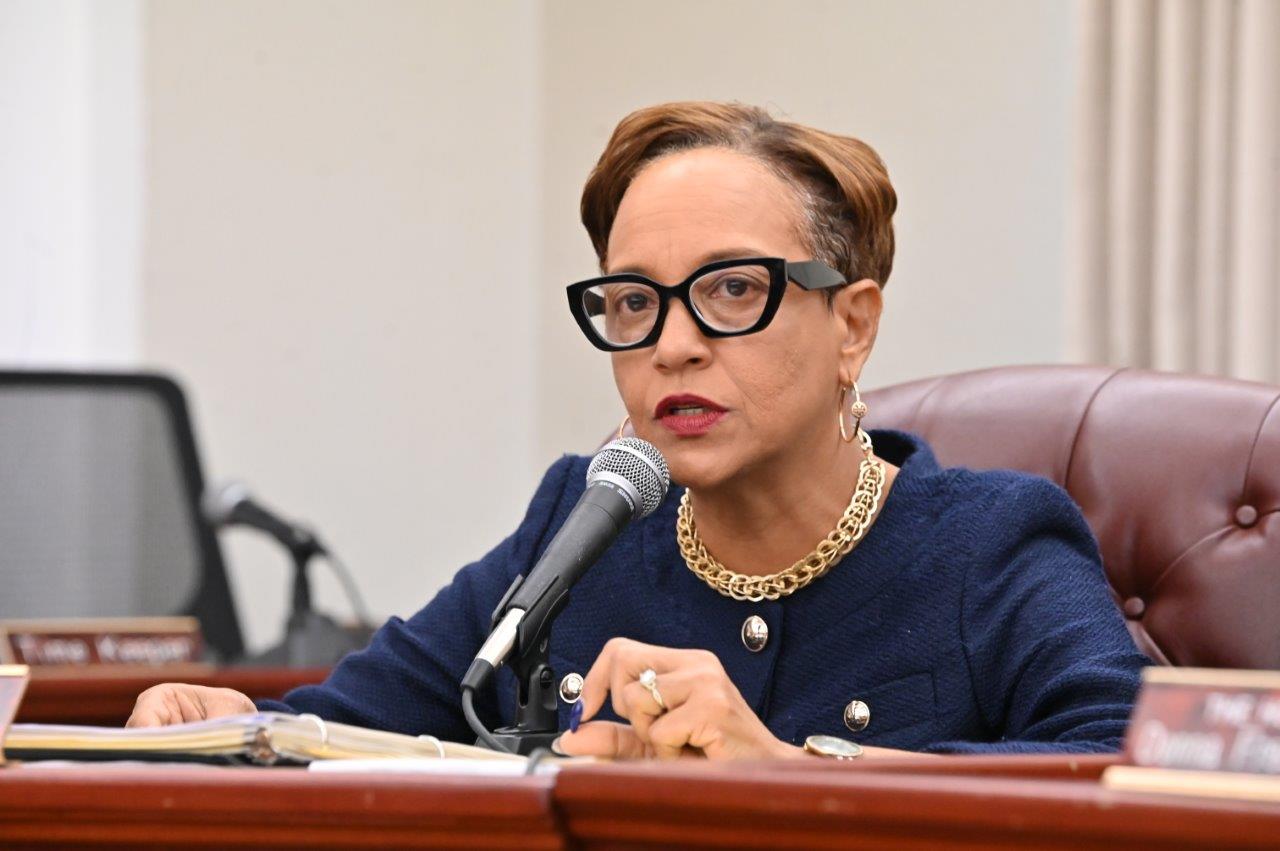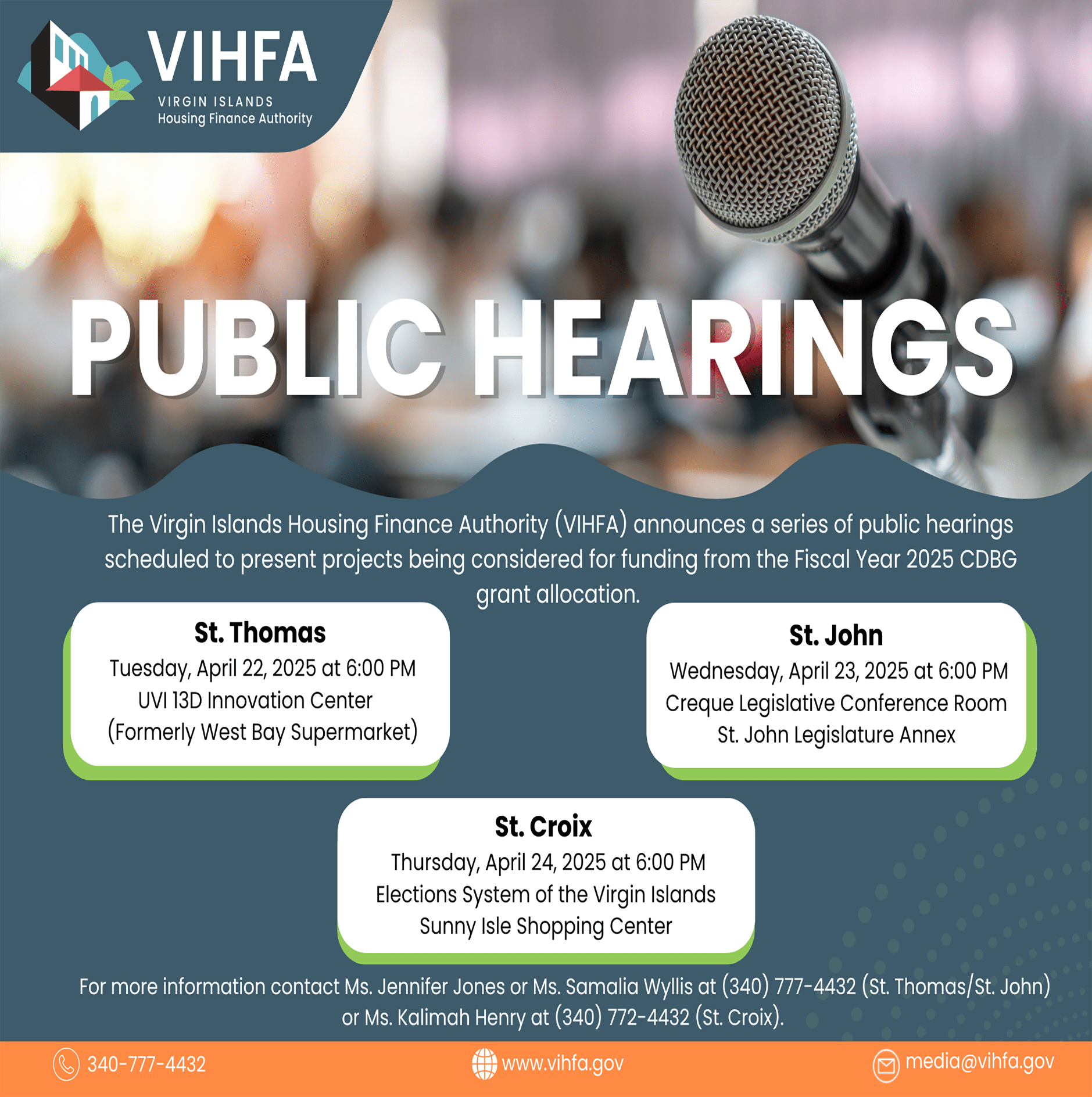
Sen. Diane Capehart’s bill to revive Frederiksted’s Harbor Night events, now proposed as “Port Nights,” aims to bring back a cherished part of the island’s cultural fabric while offering local artists and vendors new economic opportunities. The proposed legislation, Bill 35-0396, outlines plans for weekly events showcasing traditional foods, crafts, and entertainment to enrich the visitor experience and stimulate Frederiksted’s economy.
“These events would provide the Virgin Islands with a unique opportunity to showcase our vibrant cultural heritage,” Capehart said. She pointed out that beyond boosting tourism, the events would foster community pride and create new revenue streams. However, while the bill garnered support for its vision, logistical and financial hurdles quickly came to the forefront during legislative discussions.
Central to the proposal is the allocation of $300,000 annually from the Tourism Advertising Revolving Fund (TARF). Members of the Senate Finance Committee raised concerns about the fund’s current capacity, which is already stretched thin by prior commitments. The feasibility of tapping into TARF without jeopardizing other initiatives became a major talking point, with senators questioning whether the fund could sustain such a significant allocation.
Infrastructure requirements add another layer of complexity. The bill calls for substantial investments in shore power facilities, potable water, and waste disposal systems at Frederiksted Pier, making the port more attractive to international cruise liners and supporting Port Nights. Virgin Islands Port Authority Executive Director Carlton Dowe expressed conditional support but stressed that these upgrades would require cooperation across agencies and multi-million-dollar investments.
The Senate discussion also highlighted the importance of private-sector involvement to sustain the program. Senators pointed to similar cultural festivals in the region that thrive on public-private partnerships. Some suggested starting with monthly Port Nights to manage financial and logistical challenges and gauge community interest before committing to a weekly schedule.
Deputy Tourism Commissioner Shamari Haynes argued that the resources needed for such events are largely within their reach but emphasized the importance of buy-in from local businesses and organizations. “We believe that this could be achieved without additional legislation,” he stated, indicating that existing resources could be reallocated to support the program with the right partners.
Capehart, responding to these concerns, proposed amendments to adjust the event frequency to monthly and extend the launch date to mid-2026. The revised plan also includes clearer roles for key stakeholders, such as WAPA, which would receive $4 million for necessary utility improvements, and VIPA, slated for an initial $1 million to set up and maintain infrastructure.
Despite the questions raised, Capehart remained hopeful that the revised plan can proceed with legislative backing, setting the stage for a resurgence of cultural and economic activity in Frederiksted.










